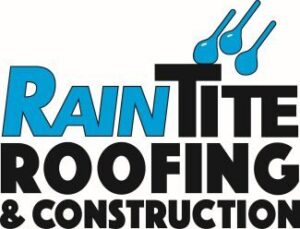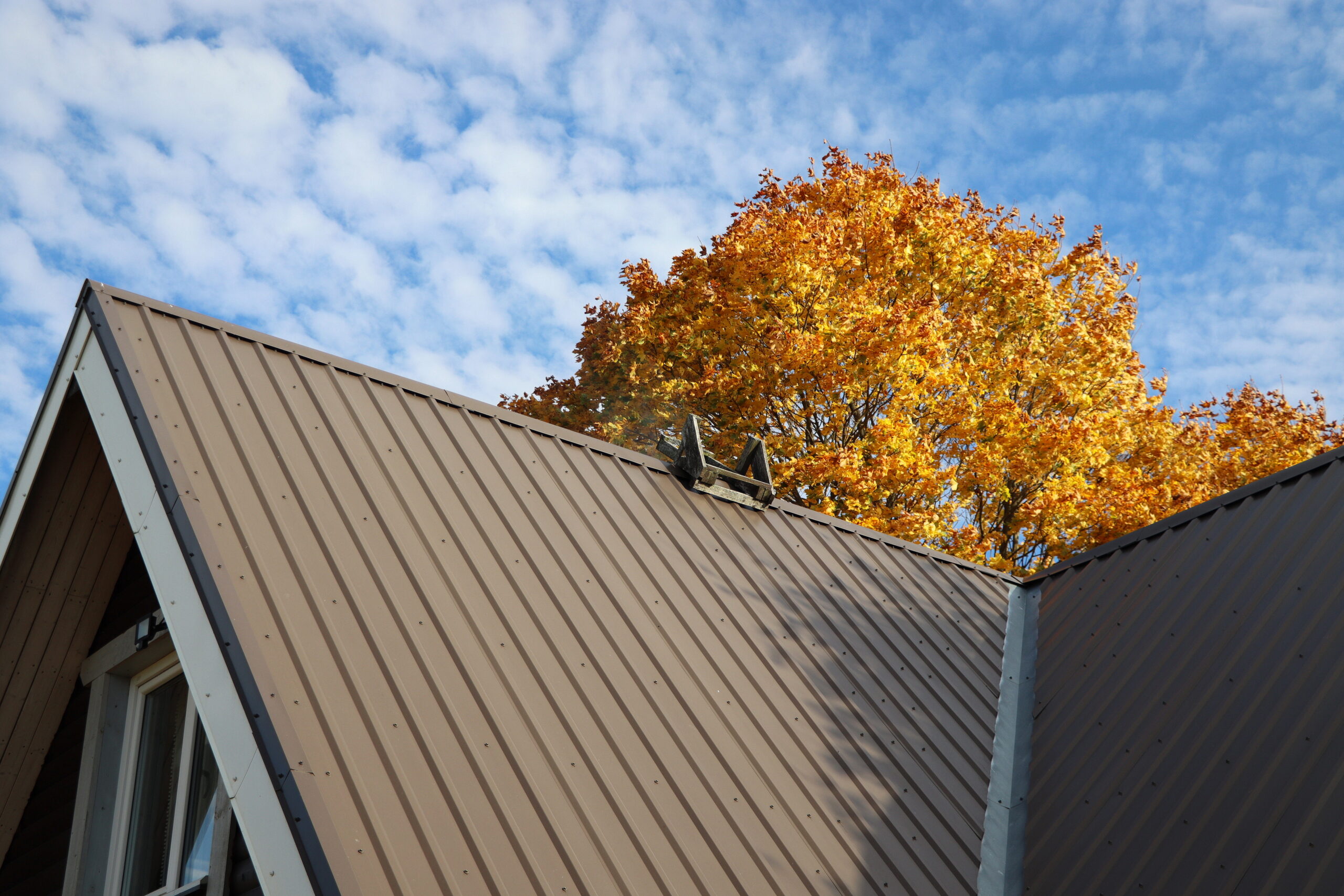The roof of your home not only plays a vital role in protecting your property from the elements but also contributes significantly to its overall aesthetic and value. With numerous roofing materials available on the market, making the right choice for your Rapid City home can be a daunting task. A thorough analysis of the pros, cons, and costs of different materials is essential to making an informed decision that aligns with your specific needs and preferences.
In this roofing material comparison guide, we will delve into the details of popular roofing options, providing valuable insights on their advantages, disadvantages, and cost implications to help Rapid City homeowners feel confident in their selection.
By examining factors such as durability, weather resistance, maintenance requirements, costs, and environmental impact, this comprehensive comparison will provide a solid foundation for homeowners to make an educated decision when considering roof repairs or replacement projects.
Asphalt Shingles – A Popular and Affordable Choice
Asphalt shingles are the most common roofing material used in the United States, thanks to their affordability, versatility, and ease of installation. Let’s examine the pros, cons, and costs of this popular option:
Pros:
1. Cost-effective: Asphalt shingles offer a lower upfront cost compared to other roofing materials, making them an attractive choice for homeowners on a budget.
2. Versatile: They are available in an array of colors, textures, and styles, allowing homeowners to customize their roofs to suit their tastes and complement their home’s design.
3. Easy installation: Asphalt shingles can be easily installed, reducing labor costs and ensuring faster project completion.
Cons:
1. Lower lifespan: Compared to other materials like metal or clay tiles, asphalt shingles have a shorter lifespan of 20-30 years.
2. Vulnerability to weather elements: This material can be more susceptible to wind, hail damage, and algae growth, requiring additional maintenance.
Costs: The average installation cost for asphalt shingles ranges between $2.50 and $5.00 per square foot, depending on the quality and style.
Metal Roofing – A Durable and Energy-Efficient Option
Metal roofing is gaining popularity among homeowners for its durability, energy efficiency, and modern aesthetic. Here’s a look at the advantages, disadvantages, and costs of metal roofs:
Pros:
1. Durability: Metal roofs are known for their high resistance to wind, fire, and hail, ensuring long-lasting protection for your home.
2. Energy efficiency: Reflective properties of metal roofs reduce heat absorption from sunlight, lowering energy costs, especially during hot summer months.
3. Low maintenance: With minimal upkeep requirements, metal roofs save homeowners time and money on maintenance.
Cons:
1. Higher upfront cost: The initial investment for a metal roof can be significantly higher than other roofing materials like asphalt shingles.
2. Noise: Metal roofs can be noisy during heavy rain or hailstorms, which may be a concern for some homeowners.
Costs: The installation cost of metal roofing varies depending on the type of metal and style, ranging from $4.00 to $12.00 per square foot.
Wood Shingles and Shakes – A Classic and Natural Look
Wood shingles and shakes offer homeowners a timeless, natural look, with cedar and redwood being the most popular choices. Let’s examine the pros, cons, and costs of these materials:
Pros:
1. Aesthetic appeal: The rustic, natural look of wood shingles and shakes can enhance the visual appeal of your home and blend well with various architectural styles.
2. Insulating properties: Wood shingles provide natural insulation, which can help reduce energy costs by maintaining a steady indoor temperature.
Cons:
1. Maintenance: Wood roofing requires regular maintenance, such as cleaning, sealing, and treating for pests and rot, to optimize their lifespan.
2. Vulnerability to fire: Wood shingles can be less fire-resistant compared to other materials, increasing the risk of damage. Fire-retardant coatings can be applied, but they may require reapplication over time.
Costs: Wood shingles and shakes have a higher price point than asphalt shingles, ranging from $6.00 to $12.00 per square foot.
Clay and Concrete Tiles – A Stylish and Long-Lasting Choice
Clay and concrete tiles are renowned for their longevity, unique style, and resistance to harsh weather conditions. Let’s explore the advantages, disadvantages, and costs of these materials:
Pros:
1. Durability: Clay and concrete tiles are highly resistant to fire, rot, and insects, contributing to a long lifespan of 50 years or more.
2. Weather resistance: These materials perform exceptionally well in climates with heavy rain, hail, and high winds.
3. Distinctive appearance: The Mediterranean, Southwestern, or Spanish-inspired look of clay and concrete tiles adds a touch of elegance to homes.
Cons:
1. Weight: Both clay and concrete tiles are considerably heavier than other materials, potentially requiring reinforced roof framing to support the extra load.
2. Cost: These tiles have a higher initial cost compared to asphalt shingles and some metal roofing options.
Costs: Depending on the type, quality, and style of the tile, installation costs can range from $8.00 to $20.00 per square foot.
Synthetic Roofing Materials – Modern Alternatives With Varied Benefits
Synthetic roofing materials, such as rubber, plastic, or composite roofing, offer homeowners the advantages of natural materials with enhanced durability, resistance, and easy maintenance. Let’s take a look:
Pros:
1. Mimic traditional materials: Synthetic options can simulate the look of wood, slate, or clay at a lower cost while offering increased resistance to weather, pests, and fire.
2. Lightweight: Many synthetic roofing materials are lightweight, preventing the need for additional structural support.
Cons:
1. Variability in quality: The performance and durability of synthetic materials can vary depending on the manufacturer and product line.
Costs: Synthetic roofing material costs can span a wide range, depending on the type and quality, averaging between $3.00 to $10.00 per square foot.
Final Thoughts
When considering roof repairs or replacements for your Rapid City home, it’s essential to weigh the pros, cons, and costs of various roofing materials. By examining factors such as aesthetics, performance, durability, and cost, you can make an educated decision that aligns with your home’s requirements, climate, and budget.
For professional guidance and support in selecting the ideal roofing material for your Rapid City home, contact the Roofing Company of Choice in Rapid City. Our team of experts is well-equipped to answer your questions, assess your needs, and provide recommendations for a suitable solution.
Click here to schedule a free, no-obligation consultation, and let our residential roofing contractor help you build the perfect roof to protect and enhance your beautiful home.

